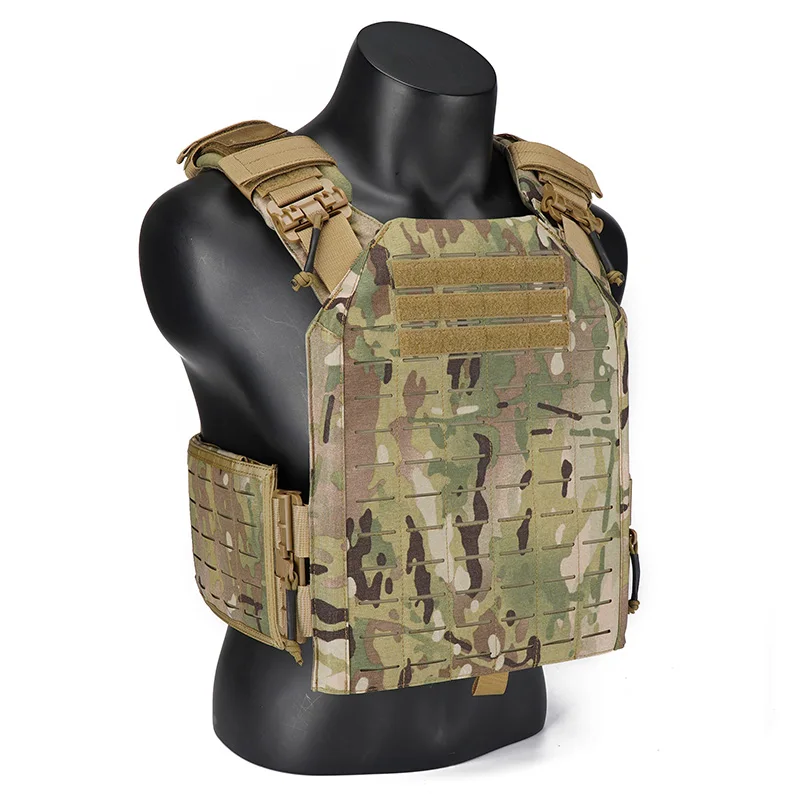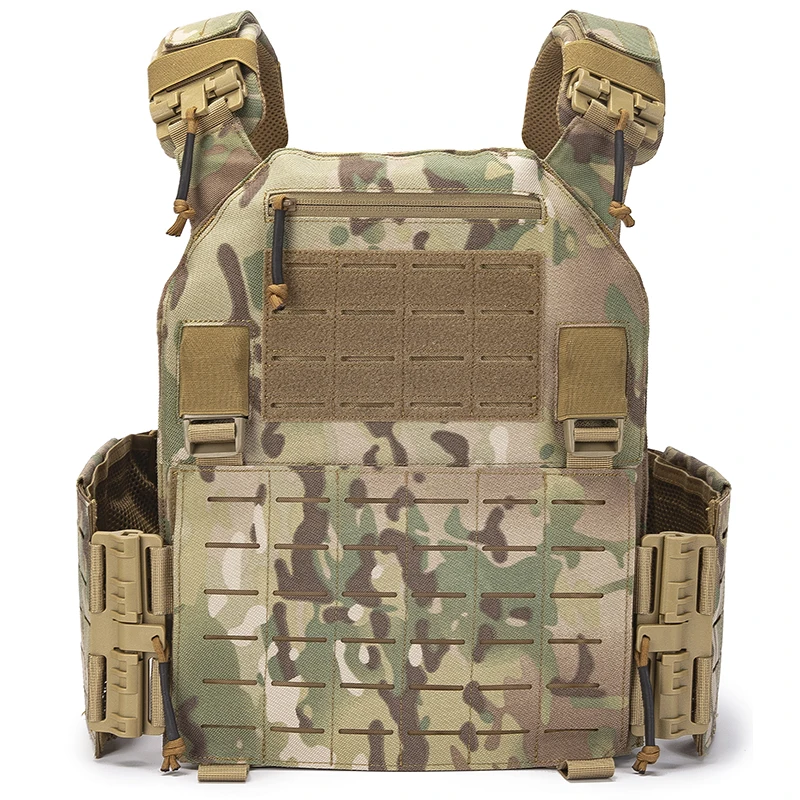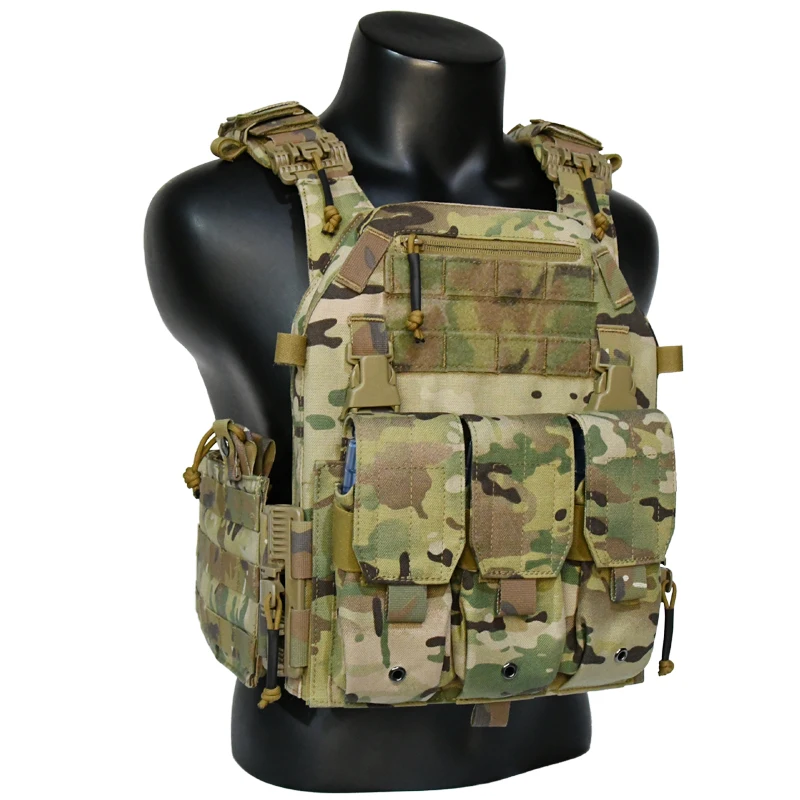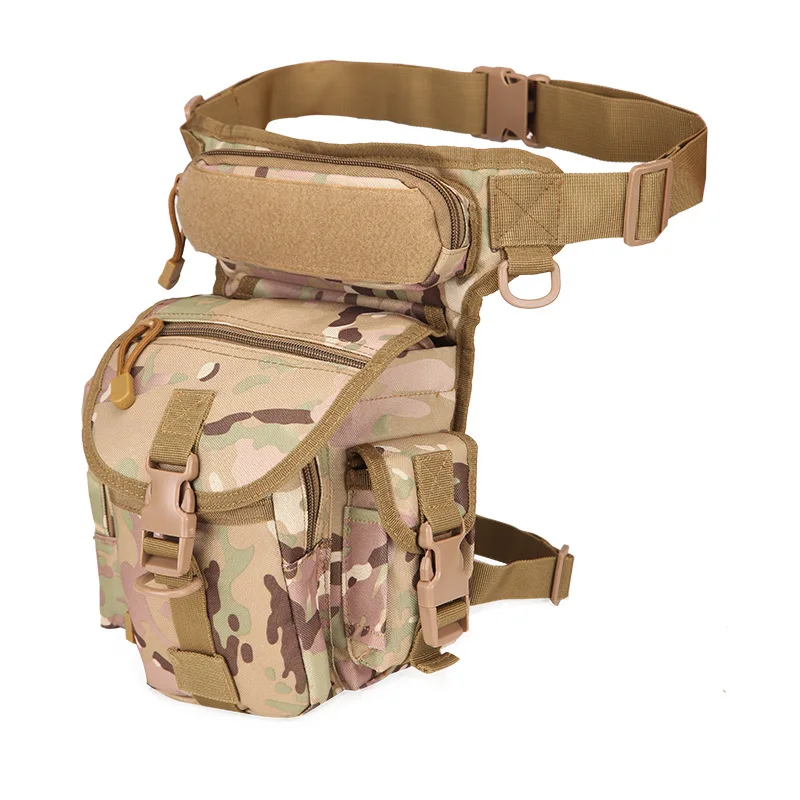Tactical Gear
PRODUCTS
Invest In Quality Tactical Backpacks Designed For Extreme Conditions
Durability and Material Strength
The backbone of any good tactical backpack lies in its construction. Look for backpacks made from durable, high-tenacity materials like Cordura nylon. This material is renowned for its tear and abrasion resistance, crucial for navigating thorny bushes, rocky terrain, or even potential encounters with sharp objects. The stitching should be reinforced, particularly at stress points like the shoulder straps and base, ensuring the backpack can withstand heavy loads and prolonged use without ripping or tearing. Don't underestimate the importance of strong zippers and buckles; these are your points of access and security, and their failure can be disastrous.
Furthermore, consider the water resistance or waterproofing of the materials. Extreme conditions often involve rain, snow, or even submersion. A backpack with a waterproof or water-resistant coating, or even a fully waterproof liner, will protect your essential gear from the elements, keeping them dry and functional even in the worst downpours. This protection extends beyond just electronics; damp clothing or vital documents can significantly impact your performance and safety.
Ergonomics and Comfort
Carrying heavy loads for extended periods requires a backpack designed for comfort and proper weight distribution. Look for features like adjustable, padded shoulder straps, a sternum strap to stabilize the load, and a waist belt to transfer weight to your hips, reducing strain on your back and shoulders. These features are vital for preventing fatigue and injuries, particularly during long treks or emergency situations where you need to remain alert and efficient.
The breathability of the backpack's back panel is another critical factor. A well-ventilated back panel allows for air circulation, preventing sweat buildup and discomfort, especially in hot and humid conditions. Consider backpacks with mesh padding or other breathable materials to maintain comfort and prevent overheating, crucial for maintaining physical and mental performance under stress.
Organization and Accessibility
Tactical backpacks are designed to carry a wide range of equipment, so efficient organization is paramount. Look for backpacks with multiple compartments, pockets, and organizational features to keep your gear separated, secured, and easily accessible. Internal dividers, MOLLE webbing (for attaching additional pouches), and quick-access pockets for frequently used items like first-aid kits or communication devices, all contribute to streamlined functionality in high-pressure situations.
Consider the location and size of these compartments in relation to your needs. Do you need quick access to a hydration reservoir? Is easy access to a map essential? Thoughtful design in this aspect greatly enhances efficiency and reduces wasted time fumbling with gear in critical moments. The best tactical backpack will seamlessly integrate with your individual operational requirements.
Additional Considerations
Beyond the core features, consider other factors like the backpack's overall weight (an empty backpack shouldn't weigh you down), the capacity (choose a size that fits your needs without being unnecessarily bulky), and its compatibility with other gear (such as hydration systems or specialized pouches). Finally, research the reputation of the manufacturer; investing in a reputable brand known for quality and durability will provide greater peace of mind in challenging situations.
In conclusion, investing in a high-quality tactical backpack designed for extreme conditions is an investment in your safety, efficiency, and overall success in demanding environments. Don't compromise on quality; the right backpack will be a reliable partner, enabling you to focus on the task at hand rather than worrying about your equipment.
SUBSCRIBE
INQUIRY










